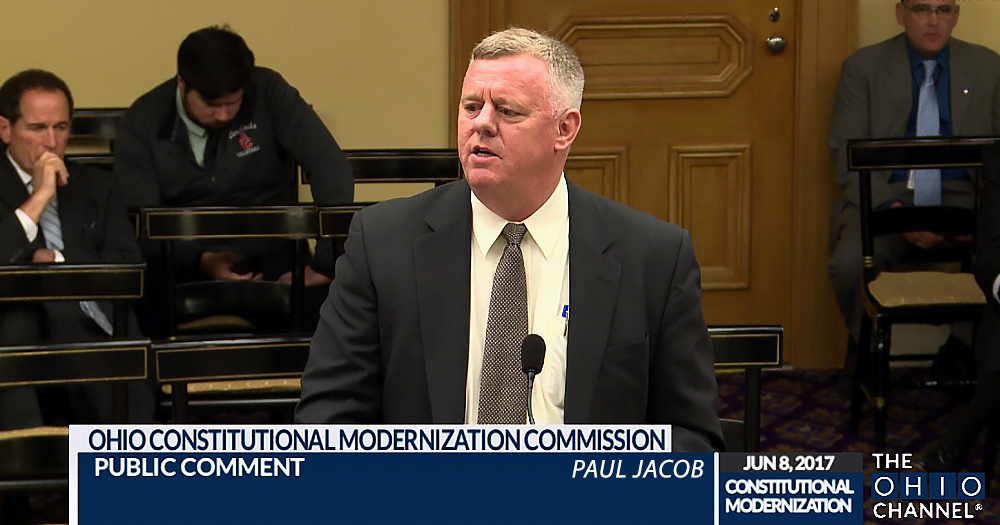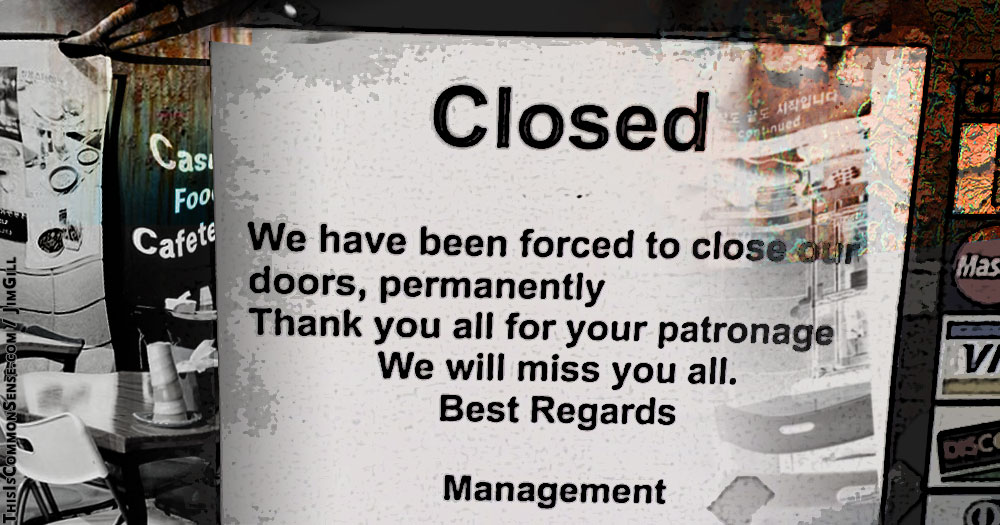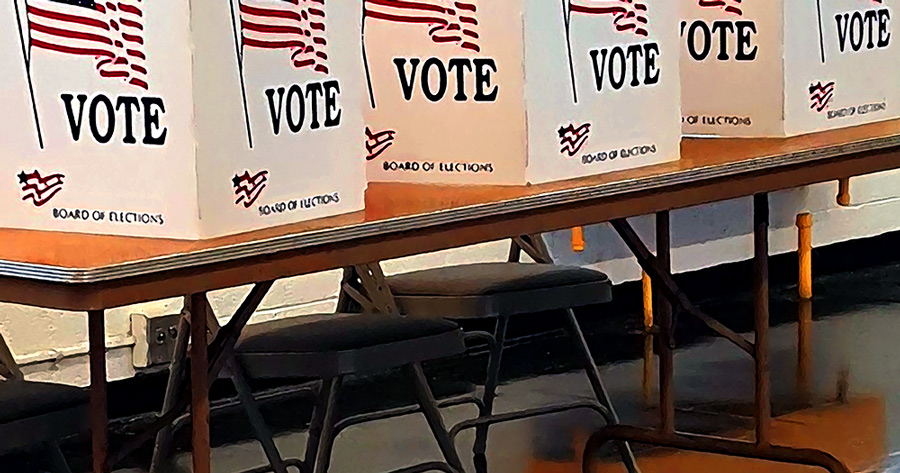Last week, the Ohio Constitutional Modernization Commission considered whether to recommend a constitutional change to create an obvious double standard: requiring citizen-initiated constitutional amendments to obtain a 55 percent supermajority vote, while the very same amendments proposed by legislators would only need 50-percent-plus-one for passage.
I traveled to the capitol in Columbus, joining a room full of Ohio citizens and organizations testifying in opposition. As I explained at Townhall yesterday, after hearing from the people, the Commission tabled the idea.*
For more than four years, the Constitutional Revision and Updating Committee deliberated over how to improve the constitution and came to a consensus in favor of the aforementioned double standard (sent to the full Commission). And yet, at a well-attended public hearing, no one defended the proposal.
While bias favoring the legislature seemed obvious, commissioners bristled at the suggestion that — established and funded by the legislature — they lacked independence. “If there were one or two legislative members on our committee, that was it,” offered non-legislator Janet Abaray.
Actually, four of the nine members on Abaray’s committee are currently state legislators — not one or two. Plus, two more previously served in the legislature. That’s two-thirds of the committee comprised of current or former legislators.
Moreover, the published minutes provide a peek into the thinking behind the proposed double standard. For instance, “what have emerged lately are initiated amendments to the constitution that are inconsistent with the purpose of the constitution.”
It is the people who will decide what belongs in the people’s constitution — not the legislature.
And not the legislature’s commission.
That’s the truth that Ohioans spoke to power.
And power listened.
This is Common Sense. I’m Paul Jacob.
* The commission came to this conclusion with only one dissenting vote.










